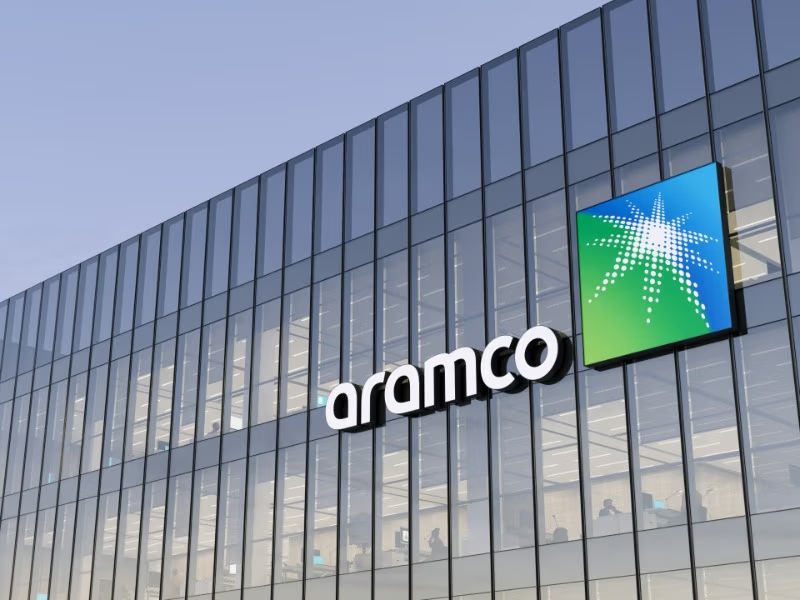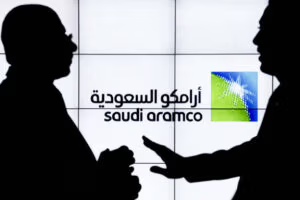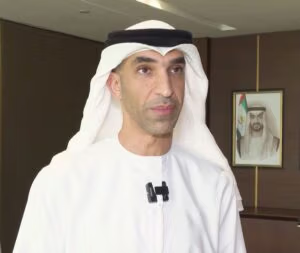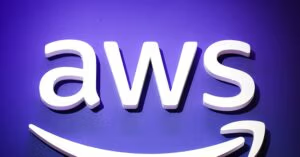In the 19th Middle East Corrosion Conference and Exhibition, Saudi Aramco declared 28 memoranda of understanding (MoUs) with a collective value of more than $1 billion.
These arrangements involve suggested advanced materials research and development, technology innovation, local manufacturing and training and development, and initiatives.
At the conference, Saudi Aramco executives highlighted the rapid changes of artificial intelligence (AI) in transforming materials science and engineering, especially in solving the global challenge of metal corrosion and speeding up the development of innovative materials at an industrial scale.
The conference and exhibition were held in Dhahran, where global experts were brought together to discuss possible solutions to deal with corrosion, a problem that costs the world economy up to $3 trillion every year.
Executive Vice President of Technical Services of Aramco, Wail Al Jaafari, stated in his speech that corrosion management is not just a technical issue but a strategic priority linked to the reliability of operations, safety, and environmental responsibility.
Executive Vice President of Technology and Innovation, Ahmad O. Al-Khowaiter, reported that AI-based solutions have the potential to decrease the global cost of corrosion, as it takes almost 3 percent of the global GDP.
He also said that about $1 trillion could be saved every year with the implementation of AI and new technologies in this sphere.
The Kingdom is hosting the Middle East Corrosion Conference and Exhibition, the oldest and most prestigious regional event dedicated to corrosion science.
Simultaneously, the event remains the largest edition in the history of the conference since its founding in 1979, with over 5,200 participants representing 45 countries, of which it has over 300 research papers and 25 specialized workshops.
The event also hosts the first-ever hackathon aimed at innovation in corrosion and materials science, with more than 1,500 students’ participation.






